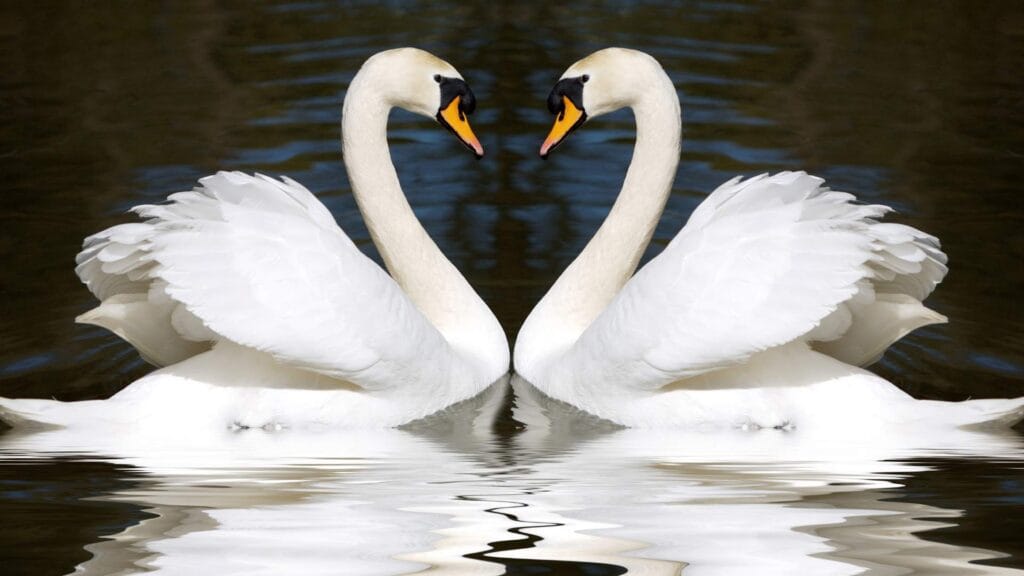Swans are often seen as symbols of love and loyalty because they usually stay with one partner for life. But what happens when one swan loses its partner? Some people believe that swans can die of heartbreak when their partner dies. Let’s explore this idea and understand why swans behave this way.
Swans and Their Strong Bonds
Swans are monogamous birds, which means they choose one partner and stick with them for life. This bond is not just for show, it helps them survive and raise their young. Together, they build nests, protect their eggs, and care for their cygnets (baby swans). Their teamwork is essential for their family’s success.
When one swan loses its partner, it can be a very emotional experience. Swans are intelligent and sensitive creatures, and they form deep connections with their partner. Losing a partner can leave a swan feeling lonely and stressed, much like how humans feel when they lose someone they love.
Do Swans Really Die of Heartbreak?
When a swan’s partner dies, the surviving swan feels lost. Swans aren’t like humans, but they do feel stress and loneliness.
A grieving swan might stop eating or become less active. This can weaken their body and make them more vulnerable to illness or predators. In some cases, a swan might even put itself in danger, like swimming into unsafe areas, because it’s not as alert without its partner.
Not all swans react the same way when they lose a partner. Some swans may mourn for a long time, while others might find a new partner. Swans are resilient creatures, and some of them eventually move on and form new bonds. This shows that while they feel loss deeply, they also have the ability to heal and adapt.
How Can We Help Lonely Swans?
Wildlife experts say:
- Give them space: Don’t chase or scare them.
- Report injured swans: Call animal rescuers if you see one struggling.
- Protect their homes: Keep lakes clean so swans stay healthy.
Swan Love Teaches Us Something
Swans remind us that love and friendship are powerful. Even animals can teach us about loyalty and caring for others!
References:

